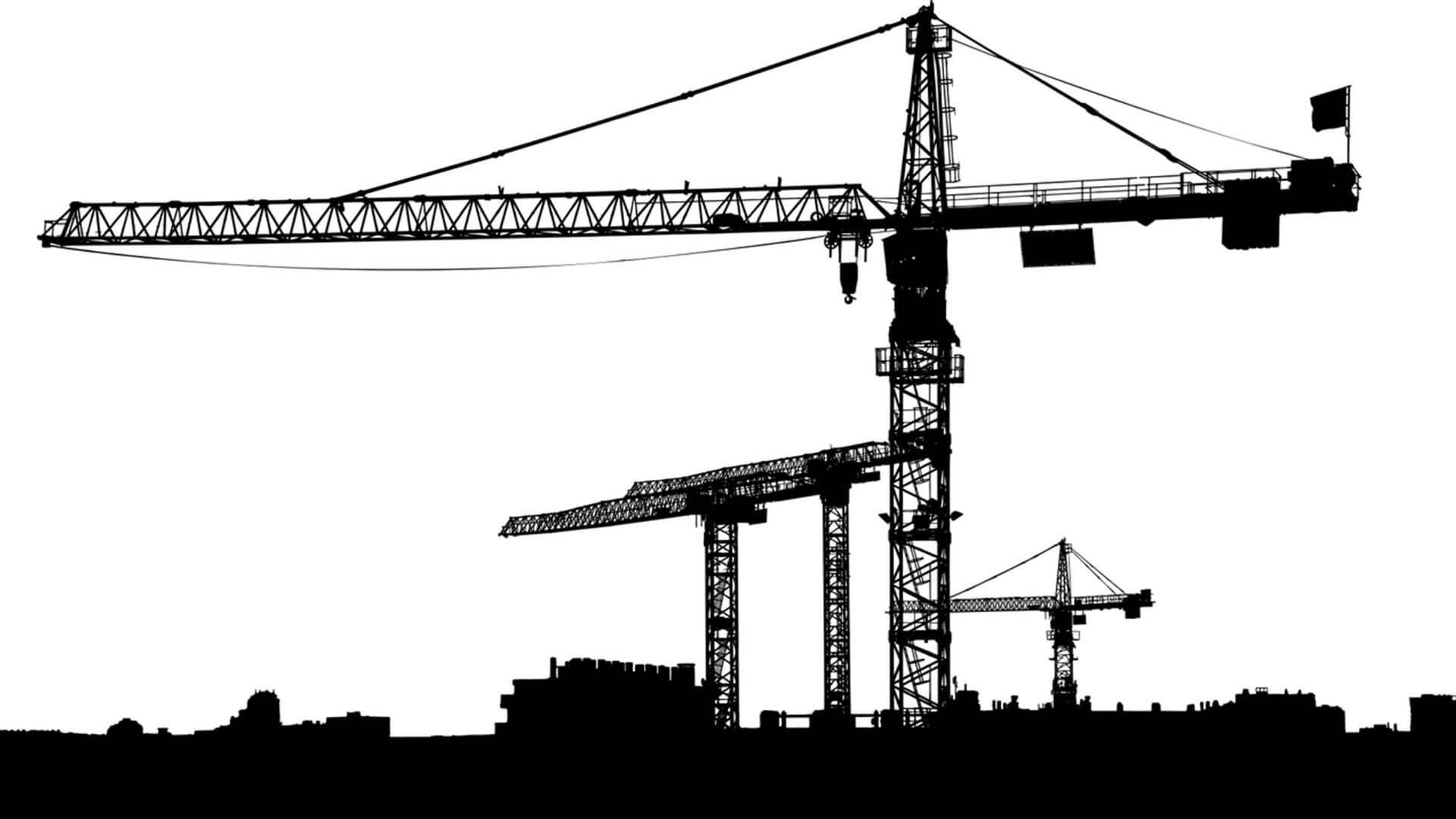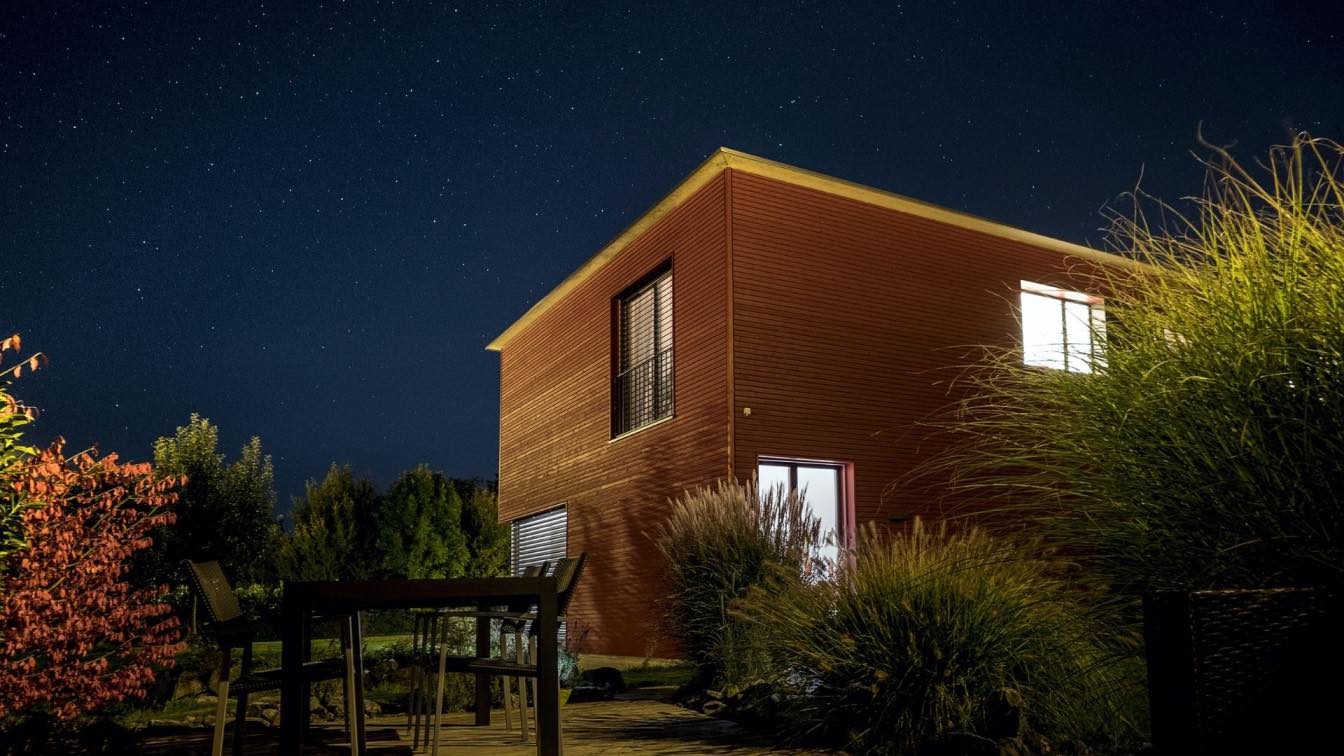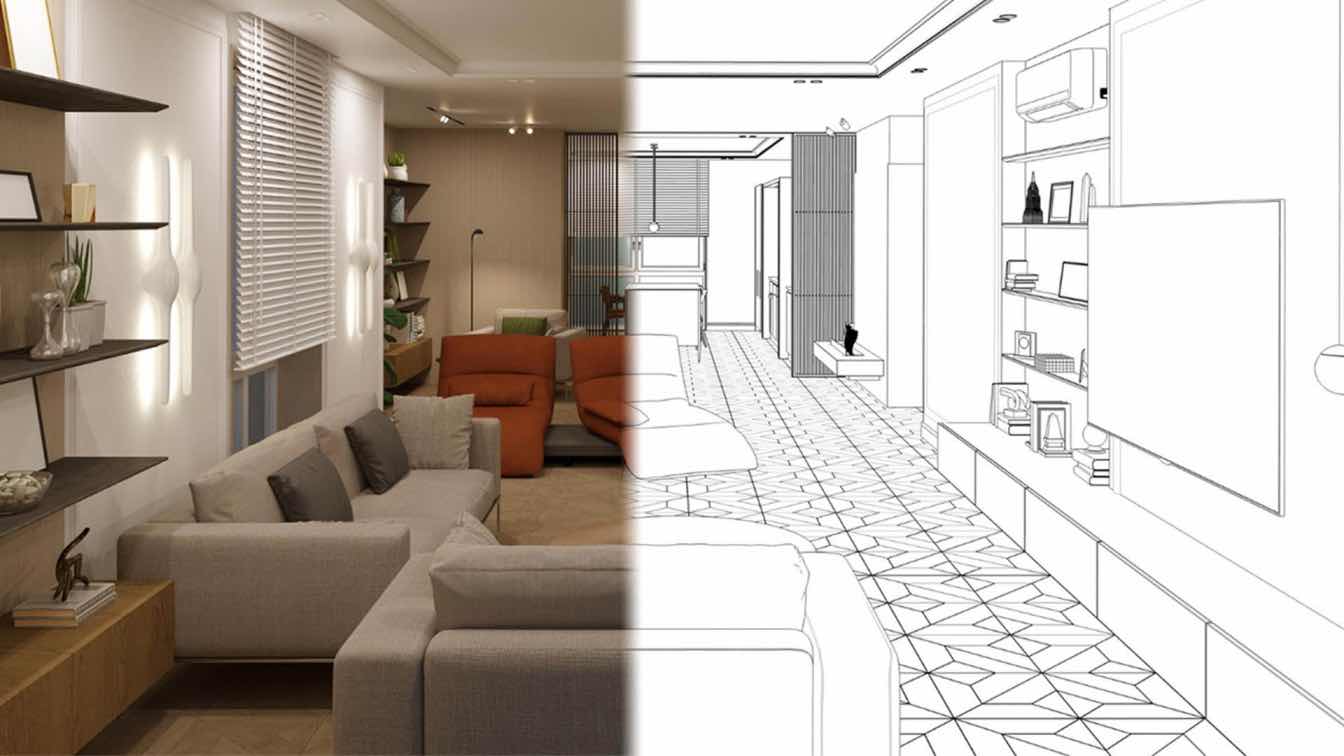Construction projects are always a huge investment. It can be difficult to plan out how much money should be set aside for the project without knowing where things will go or what they might cost. If you have decided that it is time to get your construction project underway, then this article is for you. We're going to talk about some important factors that people who are considering construction need to take into account before planning their budget.
Estimate The Cost of Materials
When estimating the cost of materials, it is important to take into account the size and scope of the project. The cost of materials will vary depending on the type of material you choose, so be sure to do your research ahead of time. It is also important to factor in labor costs, as well as delivery and installation fees. By considering these factors, you will be able to create a budget that is not only realistic for your project but also one that meets the client's expectations. For example, if you're interested in brick price, you can check out the brick estimator calculator to get an idea about how much your project would cost. Additionally, if you're not sure about which type of material to choose, consult with a contractor or architect who can help you make the best decision for your specific project. They will be able to recommend materials that fit both your budget and aesthetic preferences.
 image © Borko Manigoda
image © Borko Manigoda
Determine What Your Goals Are
When planning your budget for a construction project, it is important to first determine what your goals are. What are you hoping to achieve with the project? Are you looking to renovate your home or build a new one? How much can you afford to spend? Once you have a clear idea of what you want to accomplish, it will be much easier to determine how much money you will need to budget for the project.
If you are unsure of where to start, it may be helpful to consult with a professional contractor or architect. They can help you develop a plan and give you an idea of how much everything is going to cost. Keep in mind that construction costs can vary greatly depending on the type of project and the area where you live.
Account For Labor Costs
When planning your budget, you'll need to account for the cost of labor. This includes the wages of workers on-site as well as those working in the office. Be sure to include overtime pay and other benefits in your calculations. You may also want to factor in hiring costs, such as advertising and interviewing expenses.
If you're not familiar with construction pricing, it's a good idea to consult with a contractor or engineer. They can help you estimate how much your project will cost and give you some tips on ways to save money. By planning and doing your research, you can ensure that your construction project stays on budget.
Factor In Unforeseen Expenses
No matter how well you plan, there will always be unforeseen expenses. That's why it's important to factor them into your budget from the start. By doing so, you'll avoid costly surprises down the road.
One way to anticipate unexpected costs is to overestimate the amount of money you'll need for certain tasks. For example, if you're not sure how much it will cost to have a specific section of pavement replaced, add an extra $500 to your budget just in case. This will help ensure that you have enough funds available should something go wrong. Another way to cover yourself against unforeseen expenses is to purchase construction insurance. This type of policy can provide financial protection if something goes wrong and causes extensive damage to your property.
 image © Gordon Johnson
image © Gordon Johnson
Allow Room for Changes
A construction project will always go through changes and you should expect it. You need to make room for those changes in the budget, otherwise, they might cause a serious problem later on down the road. If your contractor tells you that there are going to be extra costs related to unforeseen circumstances, discuss with them what can be done about these issues as soon as possible. Getting ahead of potential problems now could save you from bigger headaches further along in the process.
Avoiding surprises by properly planning out everything beforehand is one way to not only keep yourself protected but also to help ensure that everyone else involved stays happy throughout this entire process. This includes everyone who works on the job site and every person involved financially so don't take any shortcuts during this step.
Stick to Your Budget
There are several ways you can go about sticking to your budget for the duration of the project. The first thing that comes to mind is being very strict and stern with yourself when it comes to how much money you’re willing and able to spend on any given day or week. This will, of course, require some discipline from both yourself and those working under you, but if everyone involved in this process sticks together they should be fine! It certainly doesn't hurt having someone look over your expenditures either - whether it's another person (like an assistant) or even just logging into an online application like ExpenseMagic where everything is pre-organized by category (and can be filtered by date, project, client, etc...)
Another great way to stay on budget is to familiarize yourself with the material and labor costs associated with your particular project. This can easily be accomplished by browsing a few construction cost estimators or even contacting a contractor directly (most of whom would be more than happy to offer you a free consultation). Armed with this information you can then begin creating realistic budgets for each stage of the project. Doing so not only allows you to better track where your money is going but also gives you some "wiggle room" should something come up that wasn't accounted for.
When planning your budget for a construction project, it is important to take into account all of the associated costs. By doing so, you can ensure that your project stays on track and within budget. By following the tips provided in this blog post, you can create a plan that will help you stay organized and efficient throughout the entire process.





